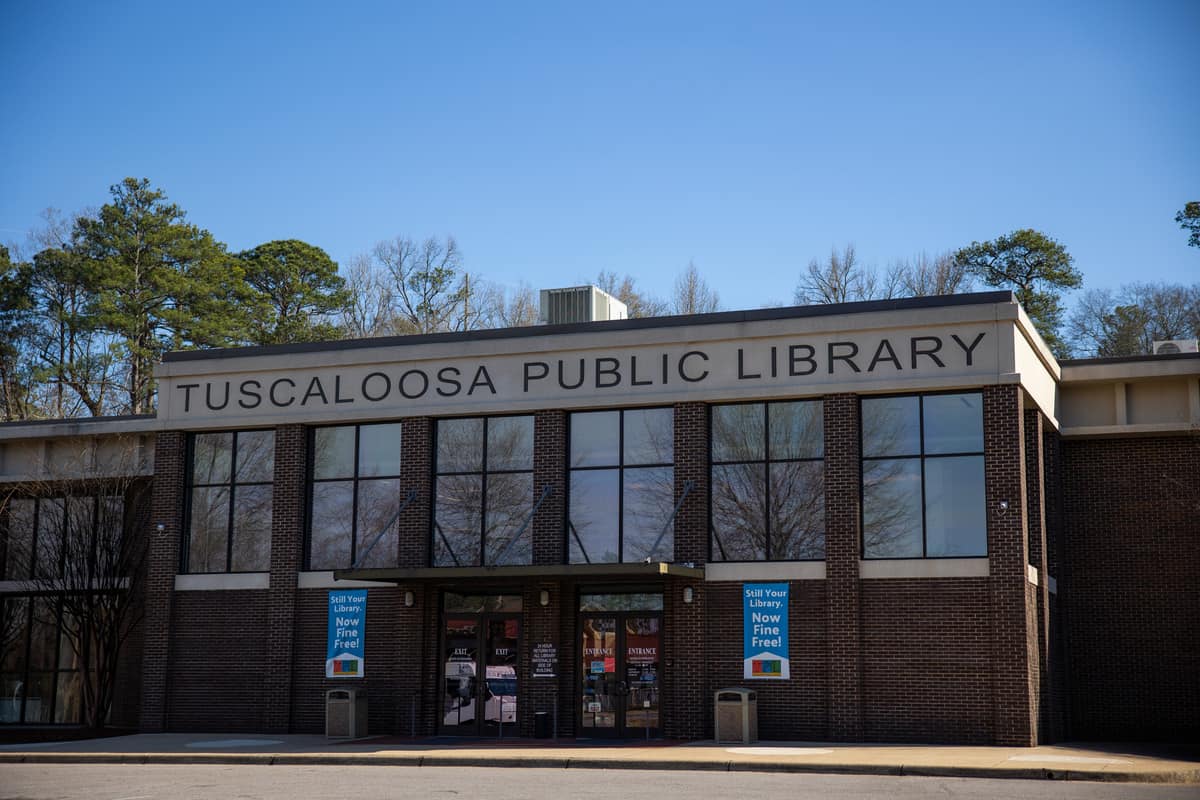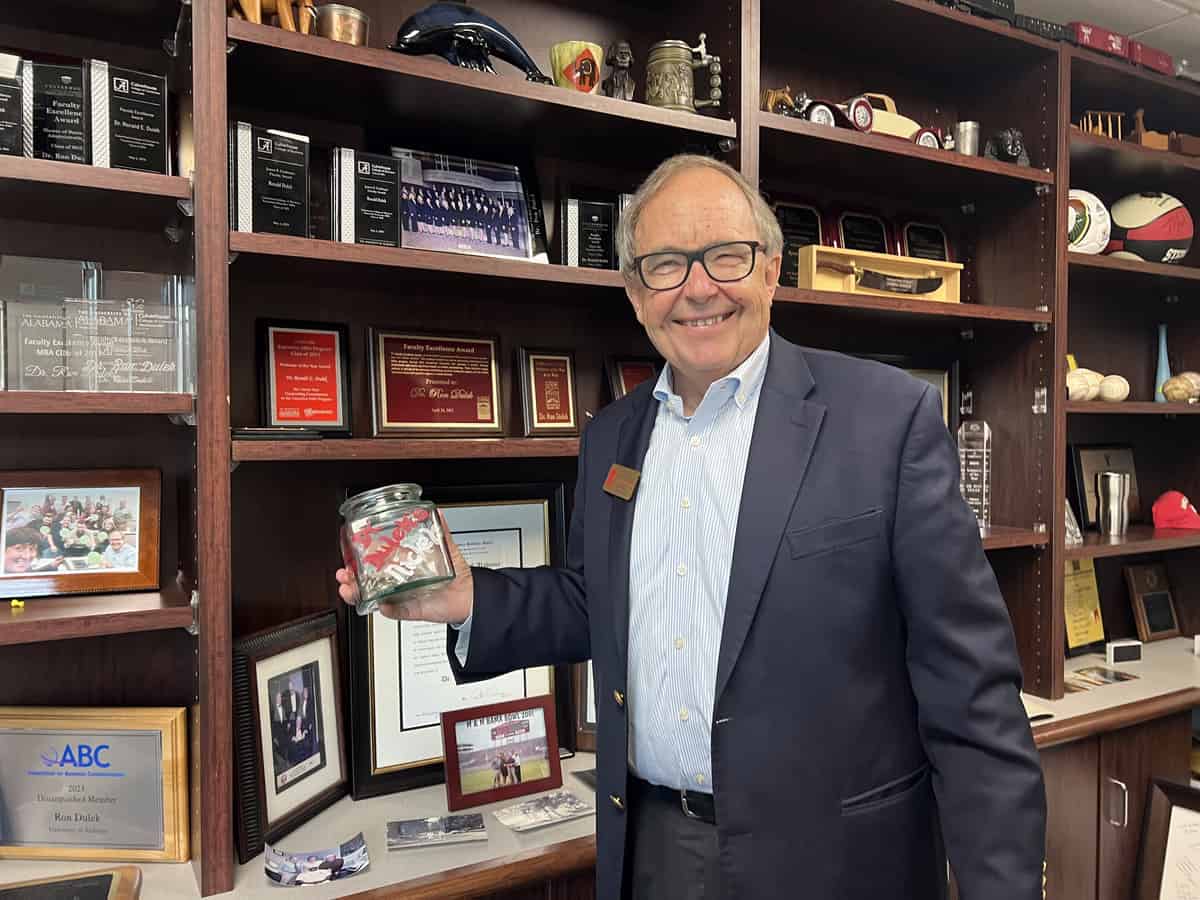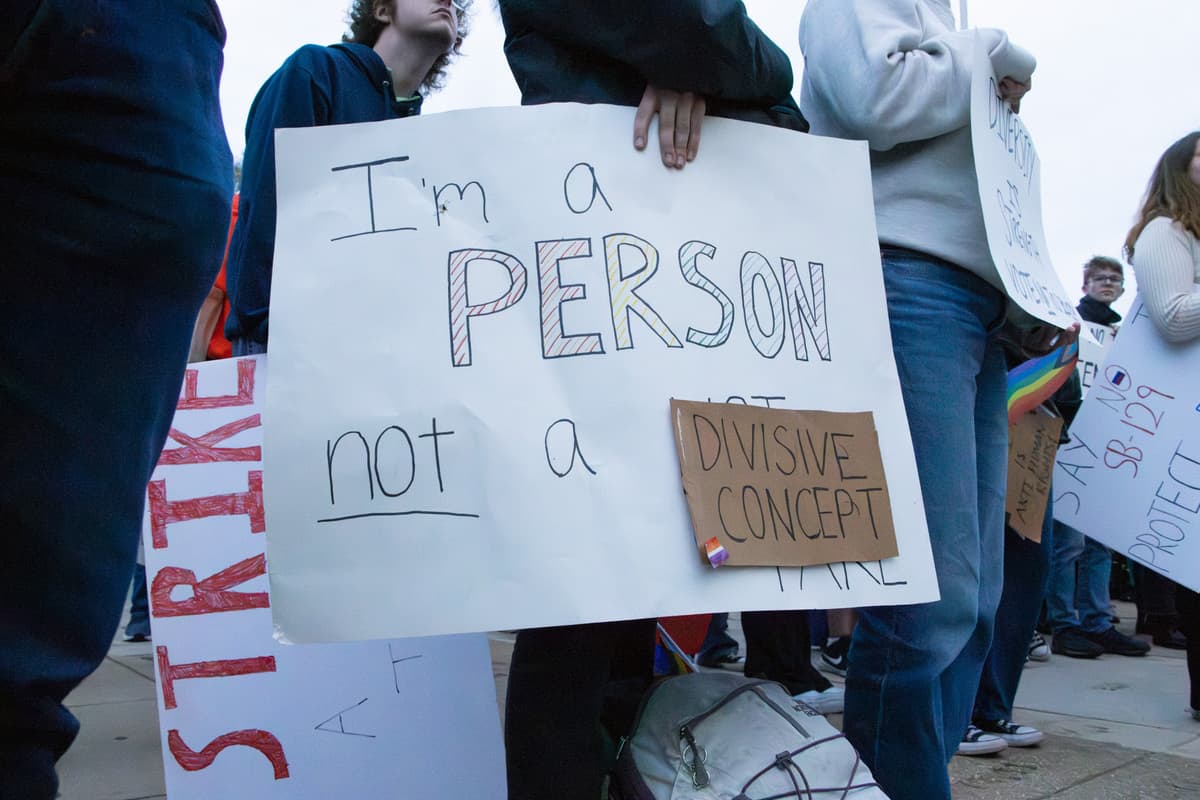Student protests of individuals chosen to speak at their schools, especially commencement speakers, have increased over the past few years. Many have considered these protests to be an attack on the free exchange of ideas. However, this is about as far from the truth you can get. These are typical complaints from people when they are being criticized for their actions and beliefs.
It is pretty obvious that individuals do not have a right to speak to the captive audience of graduates available in a commencement speech. They also do not have the right to an honorary degree or the tens of thousands of dollars that many speakers will make. None of these things are free speech rights that individuals would have taken away if they were uninvited because of protests. Additionally, it is an easy argument to make that the controversy would instead amplify their speech being protested.
The complaints about the speaker protests also do not seem to realize the reality of student input in the process. Most decisions to get government officials or big-name speakers to campus are not going to involve much student input at all. Since the students are then able to get their views out, the people who complain about the protesters almost seem to want the students to accept whoever the school feels is appropriate.
That is extremely fascinating given that the most common complaint about the protests is that they stifle debate and academic freedom. In actuality, nonviolent protests are perfect examples of debating the merits of speakers and fulfilling the goal of the marketplace of ideas. It gives the students a way to debate the pros and cons of the speakers when they were not able to be part of that conversation earlier. The protests and conversation add to the marketplace of ideas and spark debates, rather than stifle them.
An issue that has been ignored in this discussion is that commencement speakers do not really contribute to the exchange of ideas. If you have views that are in opposition to a professor or classmate then you are going to be able to discuss it with them inside and outside of class. This is absolutely not true of commencement speakers. The speaker has a captive audience that is not really able to question its ideas much beyond booing and small amounts of heckling. Students who have opposing views are not questioning the speaker and they are not being challenged in an environment that encourages debate.
All these complaints that many have made regarding student protests of speakers seem to miss the point in many ways. Free speech and the marketplace of ideas include the ability for many to non-violently protest and include a challenging viewpoint in debate. Free speech includes the right to speak your mind but it also includes the right of others to criticize your speech and ideas. Opponents of the protests seem to forget the second part of that.
Matthew Bailey is a third-year law student. His column runs biweekly.






